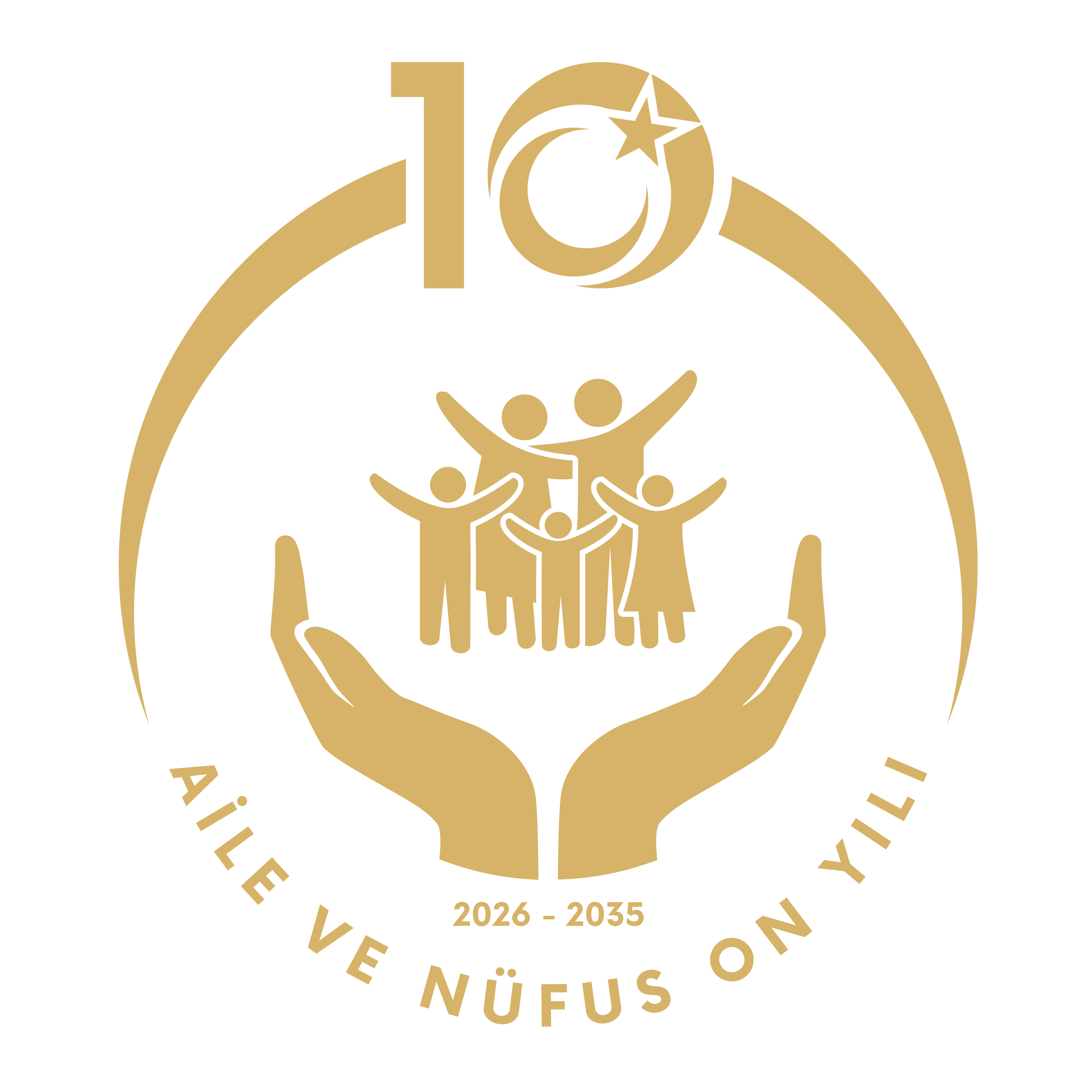"Early Intervention in Early Childhood in the World" online meeting was held in cooperation with the General Directorate of Disability and Elderly Services of the Ministry of Family, Labor and Social Services and Gazi University.
Moderated by Prof. Dr. Bulent ELBASAN, Dean of Gazi University Faculty of Health; It started with the opening speeches of Gazi University Rector Prof. Dr. Musa YILDIZ. Rector YILDIZ gazi university's projects related to early childhood, he emphasized the importance of early intervention practices in early childhood for Turkey.
"All our disabled, elderly and staff have been vaccinated"
Opening speeches continued with the speeches of Dr. Orhan KOÇ, General Manager of Disability and Elderly Services. KOÇ emphasized that disabled and elderly individuals were especially affected as a disadvantaged group during the pandemic process and noted the measures taken: "We have left behind an important process. We have prioritized disabled and elderly people in access to health. Our disabled and elderly have received and continue to receive VIP service. They received hospital treatment, returned to the institutions after 14 days in isolation institutions. The staff stayed in the organization for 14 days and we prevented the virus from entering the organizations by performing PCR testing every shift change." Pointing out that the vaccination process is continuing, KOÇ said, "All our disabled, elderly and staff have been vaccinated."
"In formal education, 400,000 disabled people are trained. There are 75 percent of disabled people in integrated classrooms who are educated, and we want to move it to the over-80s," KOÇ said, stressing the importance of university education for people with disabilities. According to the disability group, the exam is done and assigned. The proportion of our recent appointments has started to be from graduates of undergraduate and above, which is very important for us..."
"We implement preventive approaches in early diagnosis"
We know that genetic screenings use different methods to prevent hereditary diseases. We are implementing preventive approaches." KOÇ underlined that we are in a position to follow risky pregnant women and other processes comfortably and said, "We have neonatal resuscitation units and intensive care units. Diagnosis in early childhood and then programs, rehabilitation, community-based and family-oriented studies were initiated on a project basis and put into the government program as a national early intervention program. With the instructions and patronage of President Erdogan, the program was implemented," he said. The National Early Intervention Center, which was launched in Istanbul, said the project was aimed at launching and expanding in Konya. KOÇ also noted that national action plans were created with the directives of The Minister of Family, Labor and Social Services Zehra Emerald SELÇUK.Türkiye’deki uygulamalardan bahsedilirken “Çocuklar için Özel Gereksinim Raporu ÇÖZGER’den de gururla bahsedildi.
"Insotility is the basis of development, this foundation must be laid firmly"
Dr. Ana Maria SERRANO, one of the lead architects of the national early intervention program developed in Portugal, presented at the meeting and presented scientific evidence as to why the first years of human life are important for the structuring of life in terms of neurodevelopment. Emphasizing that inscremental period is the basis of human development, SERRANO stated that this foundation should be laid firmly.
Speaking about the importance of interventions in the early years of life, SERRANO stated that families with children with special needs need special support. He pointed out that the balance within families with special needs babies can be disturbed, and that regaining this balance forms the basis of the Early Intervention Approach.
At the meeting, appropriate early-based intervention models were also examined in the world.
A total of 220 people attended, including academics, NGOs, public employees and families can be watched again at https://www.youtube.com/watch?v=4nGas-OnPfA.











